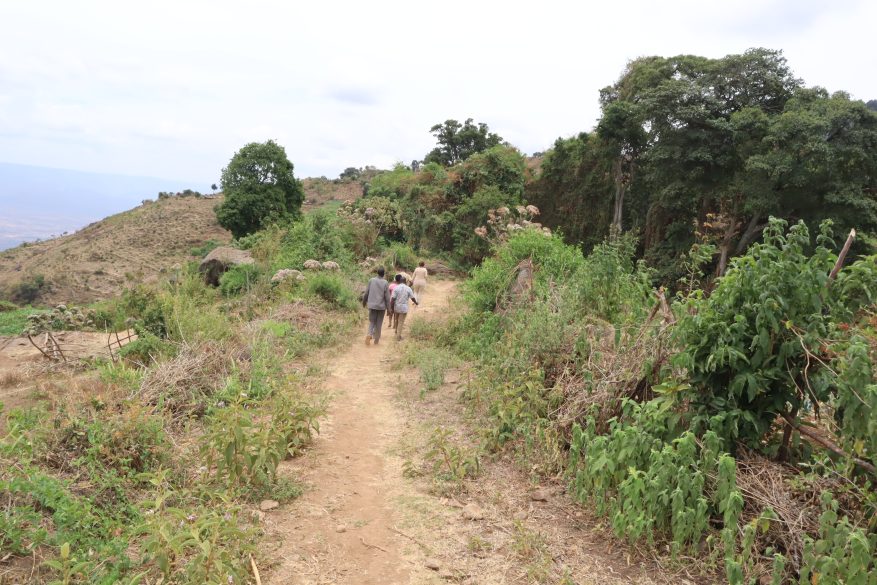Land degradation is one of the world’s biggest environmental challenges. Africa is the most severely affected region, with approximately 65% of productive land here degraded. The economic – as well as environmental – cost is devastating. Every year, Africa is losing 3% of GDP as a result of land degradation.
The Global EverGreening Alliance’s Restore Africa is working to change that. The world’s largest community-led land restoration project, Restore Africa has officially launched in Kenya.
Restore Africa aims to restore 1.9 million hectares of land, and directly support 1.5 million smallholder farming families across six countries in Africa – Ethiopia, Kenya, Malawi, Tanzania, Uganda and Zambia.
In Kenya alone, Restore Africa will work with 250,000 households to grow more trees, with the aim of restoring 250,000 hectares of land. In total, the programme will see three million trees planted in Kenya in the next five years. The overall aim of the Global EverGreening Alliance’s Restore Africa is to restore landscapes, improve livelihoods, while combatting the effects of climate change.
The five-year programme will enable communities across rural Africa – who are suffering the worst effects of climate change, but with the least responsibility – to adopt sustainable, long-term farming practices.
Restore Africa is a blueprint for the scaling of community-led, nature-based solutions – a large-scale investment in nature. Farmers will be empowered to restore degraded land, and to make the most of what’s on their farms. To achieve this, landscapes will be made more productive, targeting those that are deforested, degraded and not producing. This will also support families to meet their food needs.
Speaking at the Restore Africa launch in Elgeyo Marakwet, Kenya, Self Help Africa Kenya Country Director Jo Ryan emphasised the farmer-led aspect of the programme, noting ‘the success is dependent on the communities – we are just the facilitators. We are ready for the challenge to start planting now.’
Global EverGreening Alliance Director Dr Jonathan Muriuki said that the key objective of Restore Africa is to improve livelihoods. “People here in Elgeyo Marakwet have been forced to farm in hanging valleys and escarpments. Ideally, these are not places fit for farming. We want to plant trees and conserve the soil in those areas.”
Wesley Rotich, Elgeyo Marakwet Governor noted that the Restore Africa initiative is timely and critical, commenting: “You have come at the time when the effects of climate change are apparent. The long drought drastically reversed the gains in the last few years. The intervention here is a profound source of hope.”
Restore Africa will significantly contribute to the African Forest Landscape Restoration Initiative, which aims to bring at least 100 million hectares of degraded land under restoration by 2030.
In Kenya, Self Help Africa is part of a consortium of partners implementing the Restore Africa programme across four counties – Elgeyo Marakwet, Kwale, Narok and Kilifi. World Vision Kenya are the lead agency, and the other consortium members include World Agroforestry (ICRAF), JustDigIt, Green Belt Movement, Conservation Alive Kenya and Africa Harvest Biotech Foundation.
Self Help Africa are proud members of the Global EverGreening Alliance, the world’s largest land restoration effort uniting NGOs to reverse climate change and improve livelihoods.

